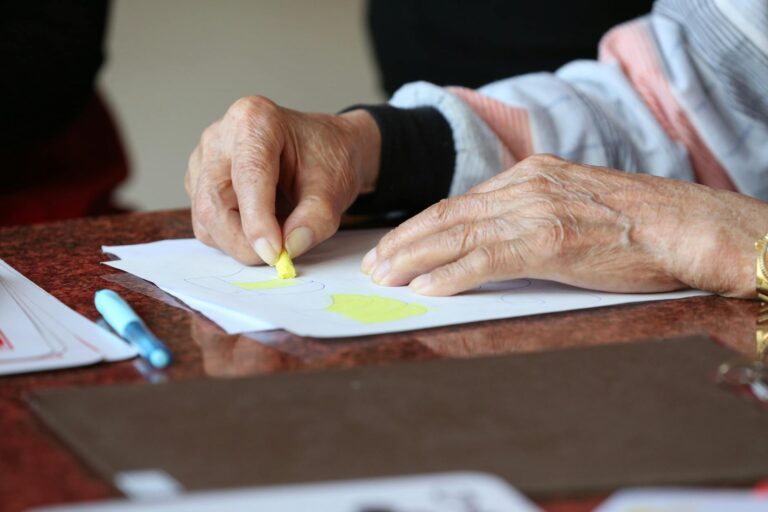Dementia is a condition that affects the brain, leading to problems with memory, thinking, and behavior. One of the subtle signs of dementia is difficulty following TV shows or movies. This can be puzzling for family and friends who notice that their loved ones, who once enjoyed watching their favorite programs, now seem disinterested.
### Why Does This Happen?
1. **Cognitive Decline**: Dementia gradually impairs brain function, making it harder for people to focus and remember what happened in a show. This can lead to confusion and frustration, causing them to lose interest in activities they once enjoyed[2].
2. **Changes in Awareness and Perception**: People with dementia may experience changes in their perception and awareness. They might not realize that their thinking and memory are being affected, but their family members often notice these changes more clearly[2].
3. **Emotional and Behavioral Changes**: Some forms of dementia, like frontotemporal dementia, can cause significant changes in behavior and emotions. A person might become less empathetic or struggle to relate to others’ feelings, which can affect their interest in social activities, including watching TV[2].
4. **Difficulty with Conversations**: Dementia can also lead to aphasia, a condition that affects speaking, reading, writing, and understanding words. This can make it hard for someone to engage in discussions about their favorite shows, further reducing their interest[2].
### Supporting Loved Ones
If you notice that a family member or friend is losing interest in activities they once enjoyed, it’s important to approach the situation with understanding and support. Here are some ways to help:
– **Encourage Simple Activities**: Engage them in simpler activities that don’t require complex thinking or memory, like watching short clips or nature documentaries.
– **Provide Emotional Support**: Be patient and understanding. Recognize that their disinterest is likely due to cognitive changes rather than a lack of interest in the activity itself.
– **Seek Professional Advice**: Consult with healthcare professionals for guidance on managing symptoms and improving quality of life. Early detection and intervention can make a significant difference.
By understanding the reasons behind these changes and offering the right support, we can help loved ones with dementia maintain their quality of life and continue to enjoy activities in their own way.





